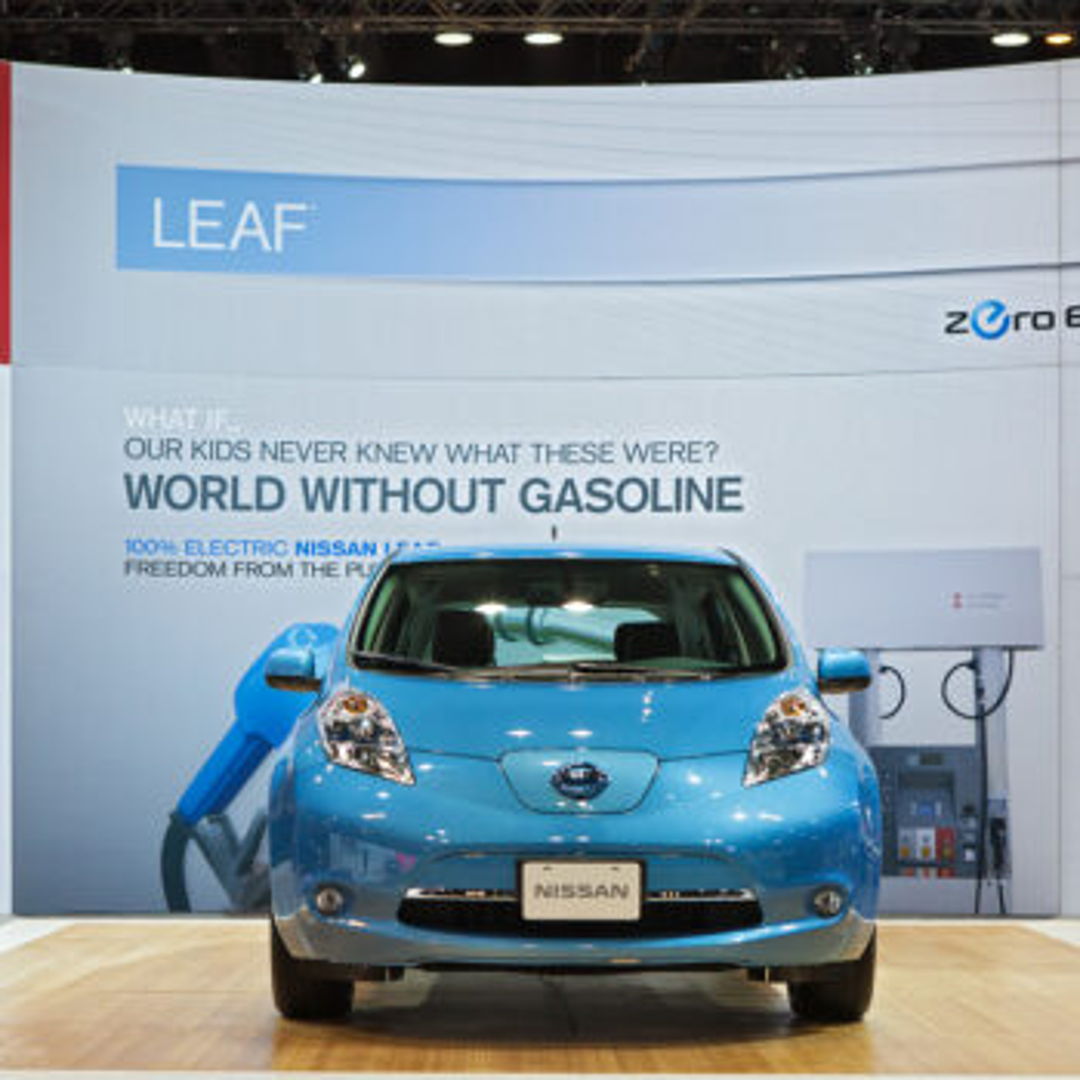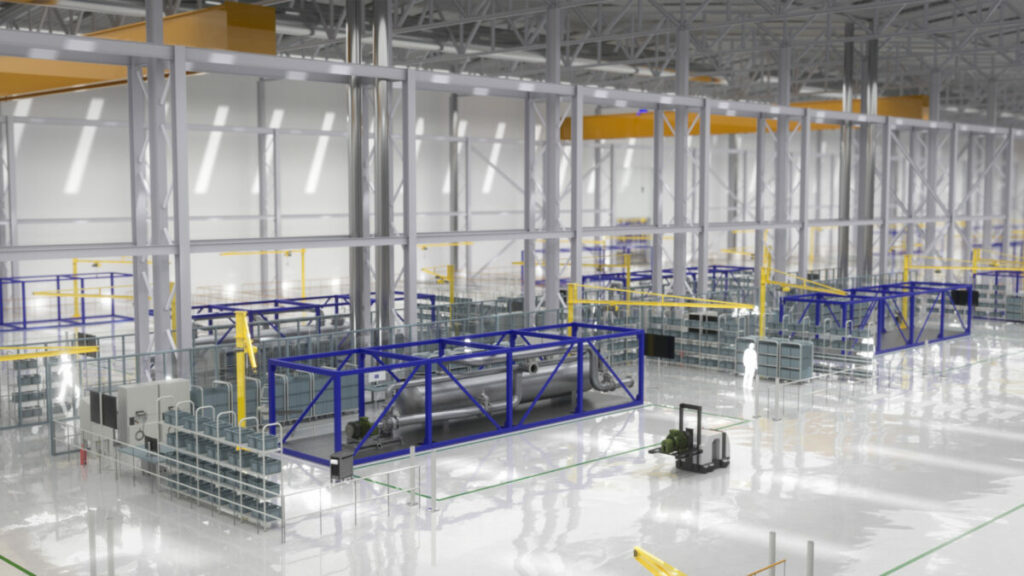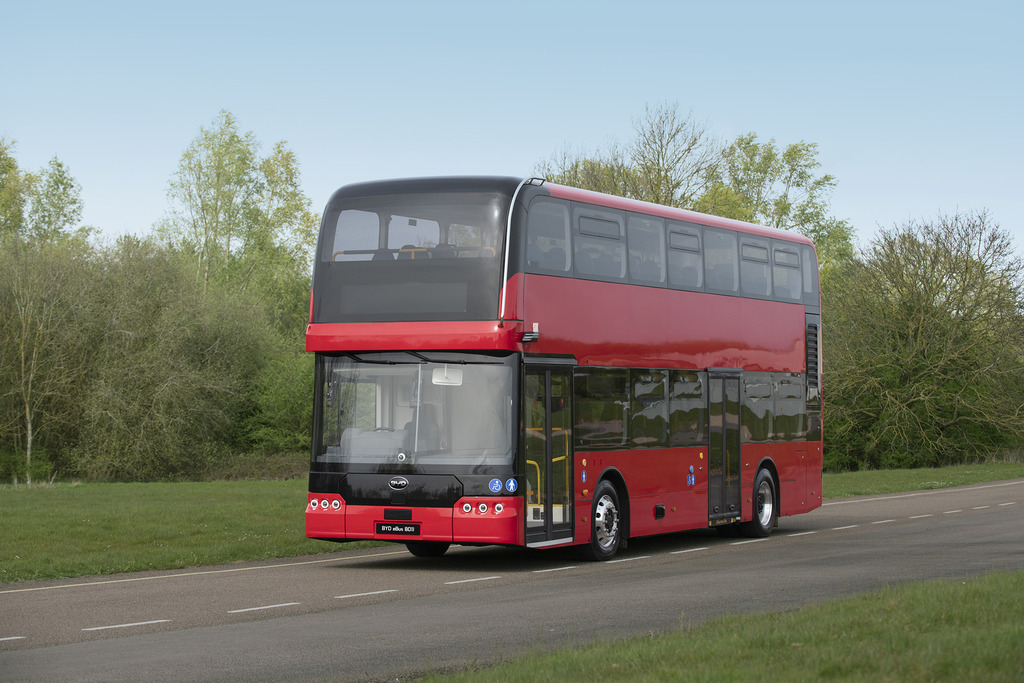Nissan is planning to cut the costs of manufacturing its electric vehicles (EVs) by 30% by 2030 as it looks to better compete against Chinese rivals.
The Japanese carmaker has laid out bold plans to boost EV sales, which it hopes will account for 40% of its overall sales by 2026 and 50% by 2030.
The move comes as Nissan, which sold 3.4 million cars last year, aims to increase sales of its cars by an extra one million within the next two years. As part of its plans, the car manufacturer aims to create 30 new models by 2026, 16 of which will be electric vehicles.
Nissan said it will be able to reduce costs by group sourcing of parts, battery innovation and next-generation manufacturing techniques. It also plans to launch an EV powered by emerging solid-state battery technology in 2028.
Subscribe to Sustainability Beat for free
Sign up here to get the latest sustainability news sent straight to your inbox every day
Other automotive competitors in Western Europe are also looking to bring EV manufacturing costs down, as they look to wrestle market share from Chinese rivals.
Earlier this month, Nissan announced it was teaming up with rival Honda on EV technology. It also has partnerships with Renault and Mitsubishi Motors.
Makoto Uchida, president and CEO of Nissan, said: “The Arc plan shows our path to the future. It illustrates our continuous progression and ability to navigate changing market conditions.
“This plan will enable us to go further and faster in driving value and competitiveness. Faced with extreme market volatility, Nissan is taking decisive actions guided by the new plan to ensure sustainable growth and profitability.”
In November last year, Nissan announced it was.investing £2 billion into building two new electric vehicle (EV) models in Sunderland.
In September last year, Nissan said all of its vehicles sold in Europe will be electric by 2030, despite the prime minister’s decision to postpone the ban on new sales of petrol and diesel cars until 2035.















